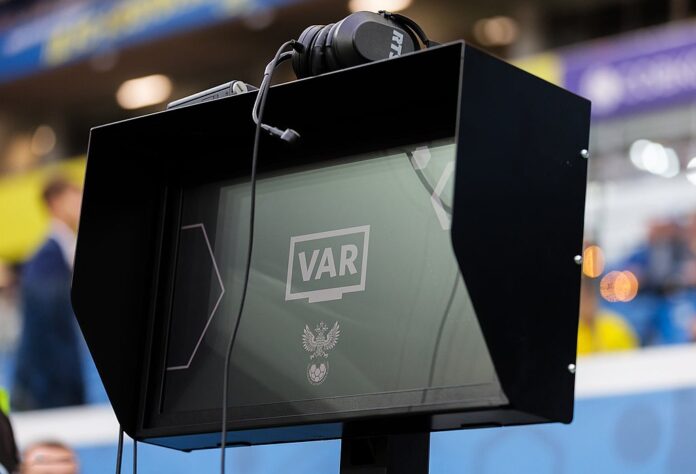
For generations, football has thrived on its unpredictability. It has never been about perfection, but about passion, the drama of mistakes, the thrill of surprises, and the raw emotions that make the game a global obsession.
Yet, as technology has advanced, football has found itself under increasing scrutiny. Matches are now monitored by dozens of cameras, each angle dissecting every move. A goal is no longer just a goal—it’s a frame by frame investigation, with millimetric offside lines and endless debates over whether the ball brushed a blade of grass.
The impossible standard for referees
Referees must make decisions in real time, within seconds. When a whistle blows or a card is shown, it is part of the natural rhythm of the game. But in the age of slow motion replays and multiple perspectives, referees are judged against an impossible standard of perfection.
Even with all the technology, experts still cannot agree after watching an incident repeatedly. And yet, it is the referee who ends up in the firing line.
“Referees are judged against an impossible standard of perfection.”
The VAR dilemma
The introduction of VAR was supposed to fix this. It promised fairness, consistency, and fewer errors. Instead, it has often delivered frustration.
- Goals ruled out by margins invisible to the human eye
- Long pauses breaking the tempo of matches
- Spontaneous celebrations muted as fans wait for confirmation
Rather than bringing clarity, VAR has fueled more controversy than it has solved.
“Rather than bringing clarity, VAR has fueled more controversy than it has solved.”
Technology as support, not control
This is not to say technology has no place in football. When used sparingly, it can enhance fairness without damaging the game’s soul.
Goal-line technology is a prime example: simple, quick, decisive. Similarly, systems designed to prevent dangerous fouls can protect players without disrupting the flow. These tools support the sport; they don’t suffocate it.
The soul of football
Because football is not mathematics—it is human. The referee’s error, the striker’s missed pass, the goalkeeper’s instinctive save, the roar of the crowd… together, these imperfections form the magic of the game.
Strip away the errors in pursuit of robotic accuracy, and what remains may be technically correct but emotionally empty.
“Football’s beauty lies not in flawlessness, but in unpredictability, humanity, and chaos.”
Looking ahead
It is time for FIFA and UEFA to reflect on where the game is heading. Technology is valuable, yes—but its limits must be respected.
Football’s beauty lies not in its flawlessness, but in its unpredictability, its humanity, its chaos.
So the real question becomes: do we truly want a fairer game? Or are we unknowingly trading the soul of football for a sterile, soulless version of the sport we love?



